Here are ten of the most common misconceptions we've encountered over the years, and the real facts behind the myths.
10. "Tea doesn't go bad."
While your tea leaves should certainly not be going moldy on you (unless you're rocking that post-fermented tea life), they will absolutely go stale and lose flavor. The more light and air hits your tea, the faster it will stale out. The average bag o' loose leaf will last you about 6 months before it's noticeably degraded. Much longer if you can keep it in the dark and airtight!
9. "Drinking tea makes you lose weight."
Lo siento, pero no it will not. The caffeine in tea can act for some as an appetite suppressant and has been shown to slightly elevate the metabolism, but neither of these can actually make you lose weight if you're not making changes to your calorie intake and/or output. Please don't expect that drinking a cup of green tea every day will magically make the fat melt off your body. That's propaganda that the diet industry uses to move product and it's a flat-out lie.
8. "All tea grows in China, right?"
While the Camellia Sinensis (tea plant) may have originated around the Chinese-Burmese (Myanmar) border region, it's a super hardy evergreen shrub that can adapt to many biomes. Between the ease of cultivation across varied agricultural regions and the thousands of years tea has been enjoyed, prized, traded and even used as currency, you can imagine how valuable the tea plant has grown to be to farmers worldwide. Thus, tea as we drink it today may be from China, but it's equally likely to be from Sri Lanka, India, Taiwan, Kenya, Tanzania, Scotland, Argentina, Australia, the US...get the picture? I had the privilege of tasting the first batch of Hawaiian-grown tea available to the open market, and it was a super cool experience!
Each region offers a different terroir. The soil, air, water and so on all contribute to the difference in flavor. This is just as true for tea as it is for wine, chocolate or coffee! Explore different regions, you may be pleasantly surprised by the difference between a simple black tea from China and the same style of leaf from Russia. Thrilling!
7. "Tea is healthier than coffee."
I mean...eh? Depends on your personal body. This falls into the "six of one, half a dozen of the other" category. I believe this rumor may primarily stem from the way different bodies metabolize caffeine and the other chemicals interacting with it. You may notice that you get the shakes with one cup of coffee, but can pound back pot after pot of black tea and be all good. Tea, coffee, chocolate...heck, even some species of holly plant have caffeine! The way our bodies process caffeine from different sources may leave us feeling sharp and focused or like we've been electrocuted. It may leave us feeling hungover or set gently down. Totally depends on the individual.
Now in terms of vitamins and other beneficial goodies, both coffee and tea can boast health benefits in the form of amino acids that help your body make use of protein, as well as the ever-popular antioxidants. The overall health benefits of coffee and tea are pretty equal, just be careful not to overindulge. Coffee and tea are both diuretics and can overload your system with caffeine and dehydration. You'll be in good shape as long as you don't make a daily habit of 3+ cups.
6. "If you don't brew your tea exactly such-and-such a way, it'll be ruined."
Uh huh. Sure. Define "ruined."
The tea industry is notoriously full of snobs. It's a total trap to believe you must have all sorts of specific (and often pricey) doodads to brew your tea well. Yes, glass teapots steep different from clay steep different from silver. Of course boiling water will pull out more tannins and create a sharper profile while cooler water temps will steep sweeter and more complex. Water quality obviously shifts the flavor profile and will keep your tea tasting clean or muddy accordingly.
All that being said, if you enjoy your cup of tea you are doing it right. That's it. That simple.
5. "Herbal teas have no caffeine."
"Herbal tea" refers to any non-Camellia Sinensis infusion that you drink like a tea. In the industry, these are known as Tisane. This is your chamomiles, peppermints, rooibos (aka "red tea," a needly bush that grows only in South Africa) and so on. Fruit infusions fall into this category, so even your brews of blood orange, blueberry, etc. all classify as "herbal tea." The trick is that almost all herbal teas have no caffeine.
The danger in this generalization is that sneaky few that do have caffeine, however, have a LOT of it. I am specifically speaking about Yerba Mate and its cousins Guayusa and Yaupon Holly (see this past blog post to learn more about these buddies). Cacao nib is a popular ingredient in teas and won't give you a mighty buzz, but to say it contains zero caffeine would be a flat-out lie. Heck, I've even recently encountered coffee husk "tea," which is packed with caffeine but has a super mild flavor. You'd never know until you're on a caffeine high so intense that your bones feel inside out.
All this to say: you're totally in the clear with most "herbal teas," but don't assume that label means zero caffeine. Know your plants.
4. "You should throw out your leaves after the first steep."
What a WASTE. This is a very common sadness. People used to bagged tea may find that their tea simply has no flavor after the first brew, so re-steeping seems totally pointless. In that context, absolutely. However! When you are drinking loose leaf tea, or even higher quality bagged teas, your leaf should really be able to hold up to several infusions before it gives up on you. General rule of thumb is that the larger your leaf is, the more it'll hold up to repeated infusions.
This is especially true when drinking oolongs and heichas (like our old friend puerh). These teas are actually designed to evolve over many infusions, different tasting notes emerging and fading like a perfectly conducted orchestral piece. It's a helluva tea experience to gift yourself if you have the time to take your time.
3. "Green tea is bitter/tastes like lawn clippings"
I am so sorry you've had this experience. We've all been there, and it is terrible. You get a cup of green tea, you're looking forward to a lovely taste experience, you put the cup to your lips, and...BLECH. What should have been a smooth and fresh cup of joy is actually bitter grassy disaster waiting to bite you directly in the palate. This isn't how it should be.
When your tea is bitter, it may be for any or all of three reasons:
- Your tea has been brewed too hot. This is super common, people don't think about the temperature of their water and it makes all the difference in the world. Most green teas are happiest around 170F.
- Your tea has been steeped too long. A lot of Western culture has pushed the idea that tea should be infused for FIVE MINUTES per cup. That may be true for oolongs, puerhs and a lot of tisanes, but definitely not for green teas. I recommend starting with a one-minute brew and adjusting from there to suit your personal taste.
- Your tea is low quality. Sometimes it's as simple as this: you're drinking the cheap, low-grade stuff. The dregs of the factory. The crappy small cut. The shake. If your taste and budget run to the low grade, may I suggest trying cold-brewing? A good cold infusion takes the edge off any tea, in my experience.
2. "White tea is caffeine-free!"
Oof. Not even close to true. I don't know who started this rumor, but it's a damn dirty lie and frankly I find it medically irresponsible to ignore this misconception. There is only one kind of true tea that is without caffeine, and it's a super-localized wild mutation of the plant native to one mountain in China. If you aren't drinking leaf from that cultivar from that region (you aren't, it's not available on the international market), you are ingesting caffeine. White tea, due to its complex and delicate flavor composition, is generally made of the first two leaves and the bud of the plant. We are talking the brand new baby growth. 99% of the caffeine in the entire plant is concentrated in these leaves, so there's no way you're dodging caffeine in your whites. If you're going with a larger leaf and lower grade (like a cheap White Peony, for example), you're at least working with the low end of the tea caffeine spectrum, but if you're going high grade and indulging in a Silver Needle, you'll be on the freakin moon before you finish your fourth little cup.
It's easy to swallow the myth that white teas are caffeine-free because we have an idea that we can taste caffeine. The bitter, astringent tea taste? That's not the caffeine you're tasting (you'd be amazed how often I hear that argument), that's the tannin content. Tannins aren't assaulting your palate in white tea because the leaf has yet to be oxidized and the tannins haven't made themselves obvious on the tongue. This is also why black teas "taste more caffeinated" than lighter oxidation greens and whites.
1. "Loose leaf tea is more difficult/expensive/confusing than teabags."
Switching to loose leaf tea when you're used to the bagged stuff is intimidating, no doubt. Until you've tried it, it all looks like fancypants expensive mad science. Please trust me that when you do mess up your brew (and you will from time to time), it's super low stakes. Not every cup is a winner, but once you figure out your style you will be golden. Try brewing in a French Press, in the handy fill-it-yourself teabags, or even just throw your leaves loose into the pot or mug. It's all good!
As for price? Some grades and styles are more expensive than others for sure. Think of it like cuts of meat. Sometimes you'll want to splurge on the imported Wagyu steaks, sometimes you just want a damn sloppy joe and the cheap ground stuff will do you fine. The same is true of tea. It's absolutely possible to drink good stuff on a budget and pick up the super fancy rarities for a treat now and again. The great thing about loose tea is that a little goes a long way! A teaspoon for a cuppa, plus you can resteep 2-10 times? Not bad at all. When it comes down to it, you'll find that loose leaf tea doesn't actually set you back more than bagged. That is, unless you're like me and get addicted to the top shelf stuff...
If you have more questions, drop them in the comments or send us an email! Tea education is our jam, so we're always happy to share what we know. Now get out there and show off all your new tea knowledge! Happy sipping!
<3, Friday
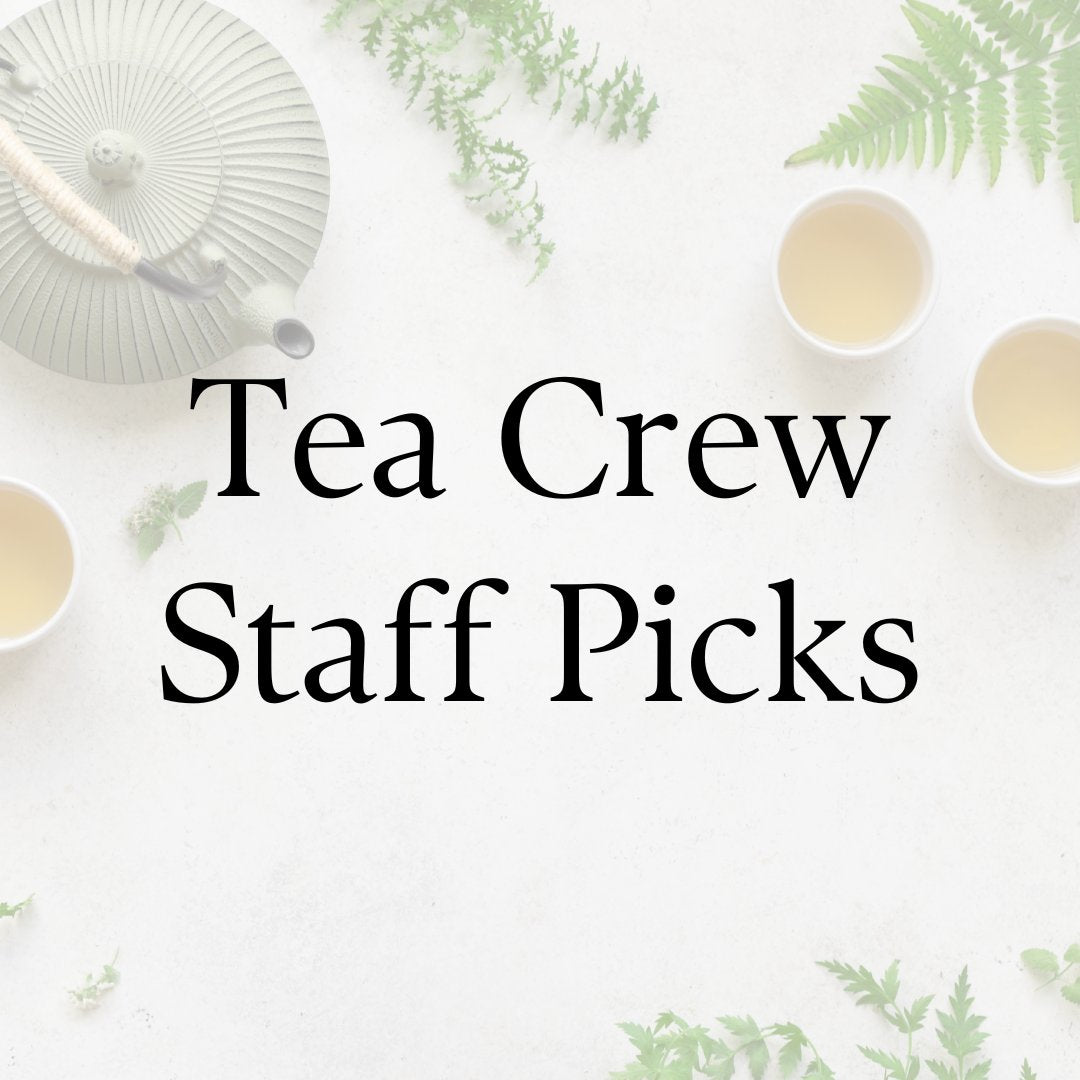
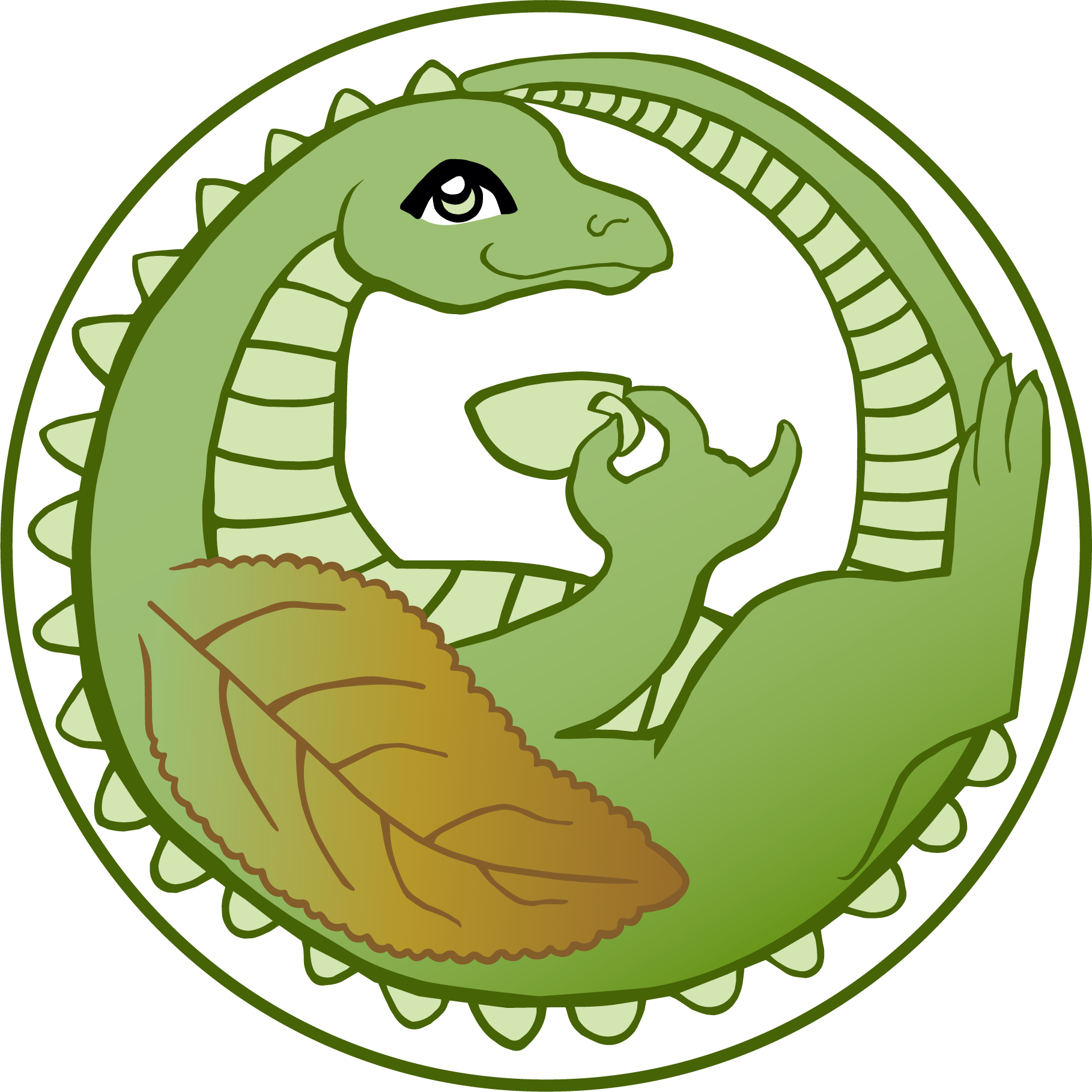
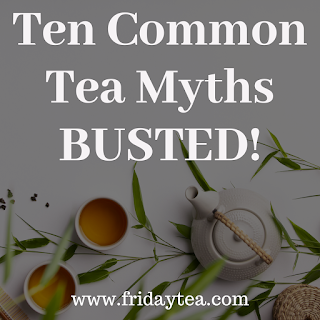
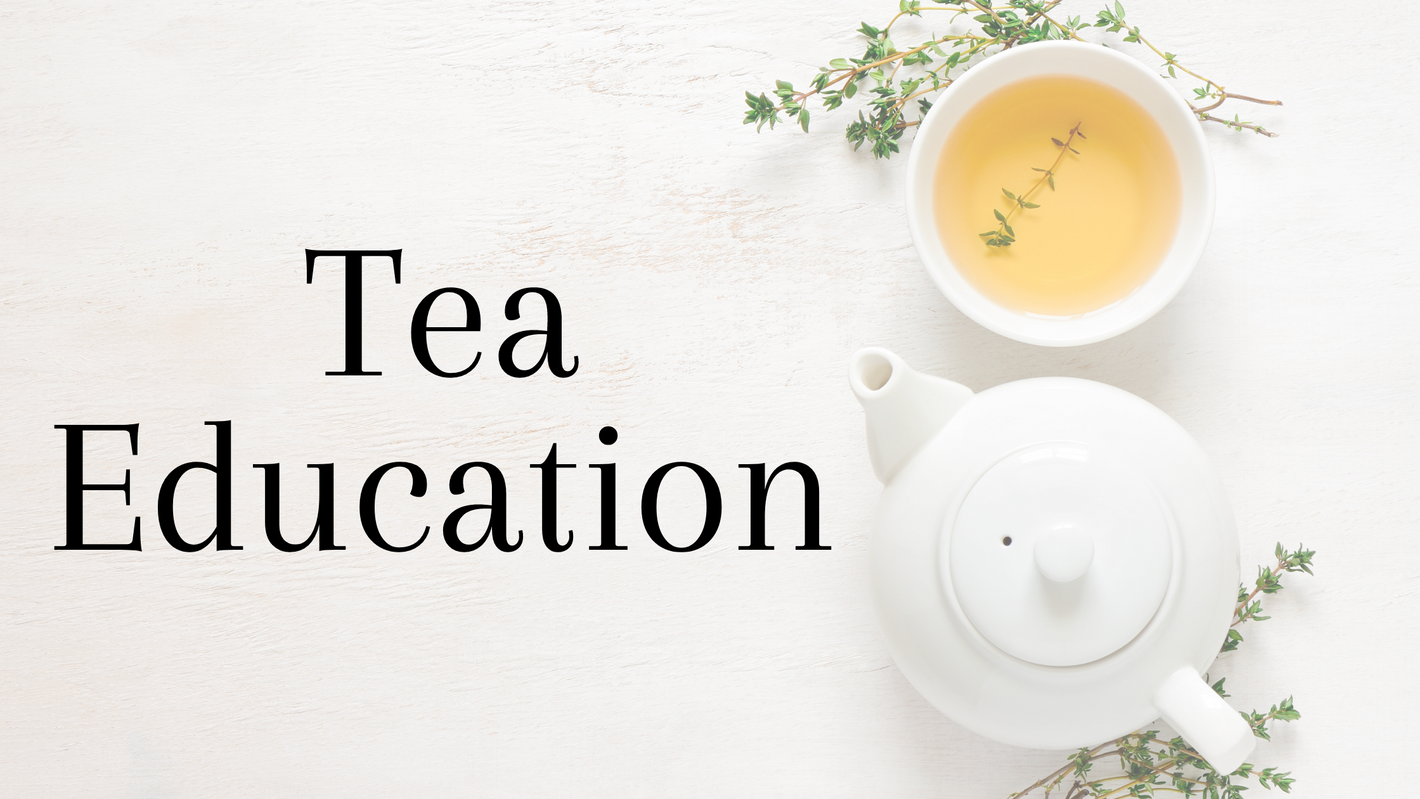
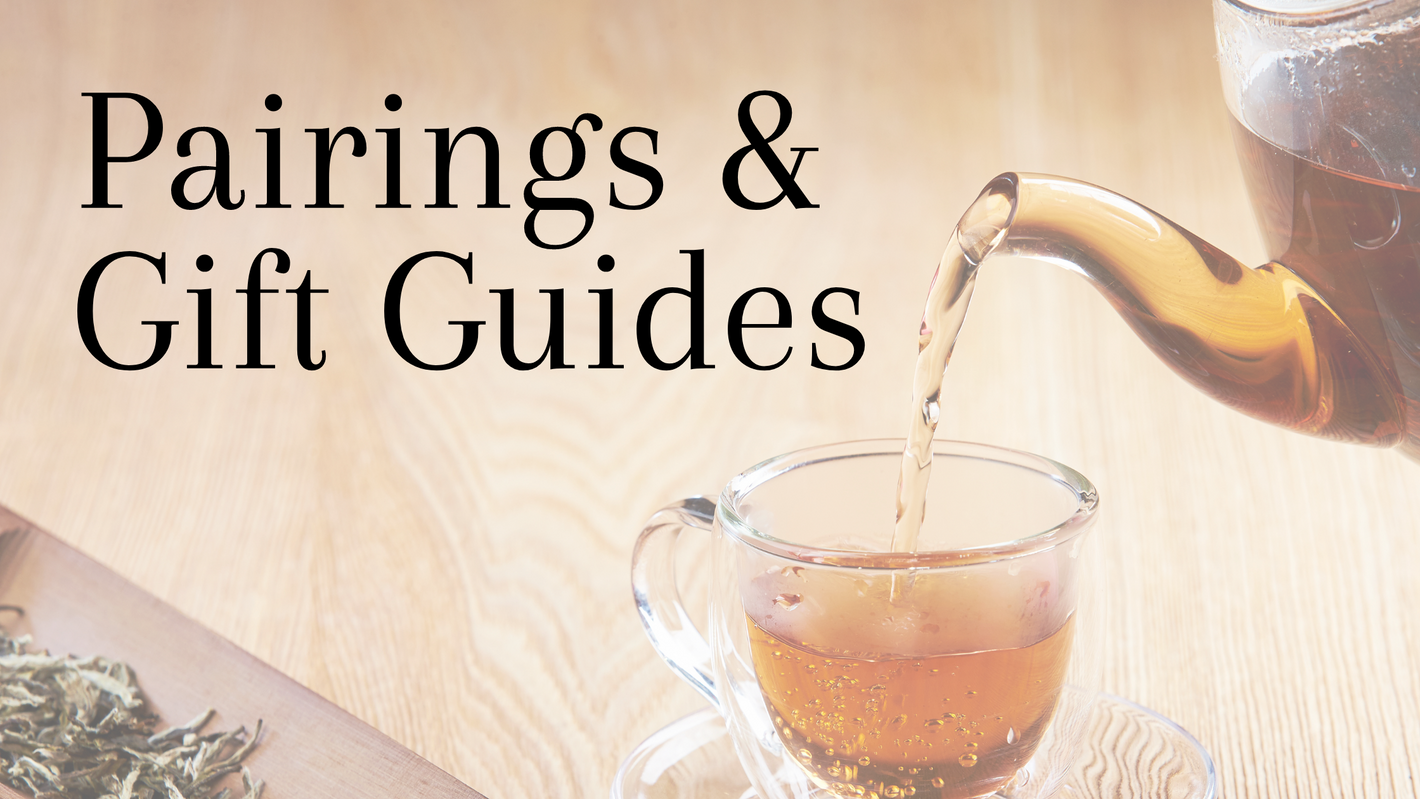
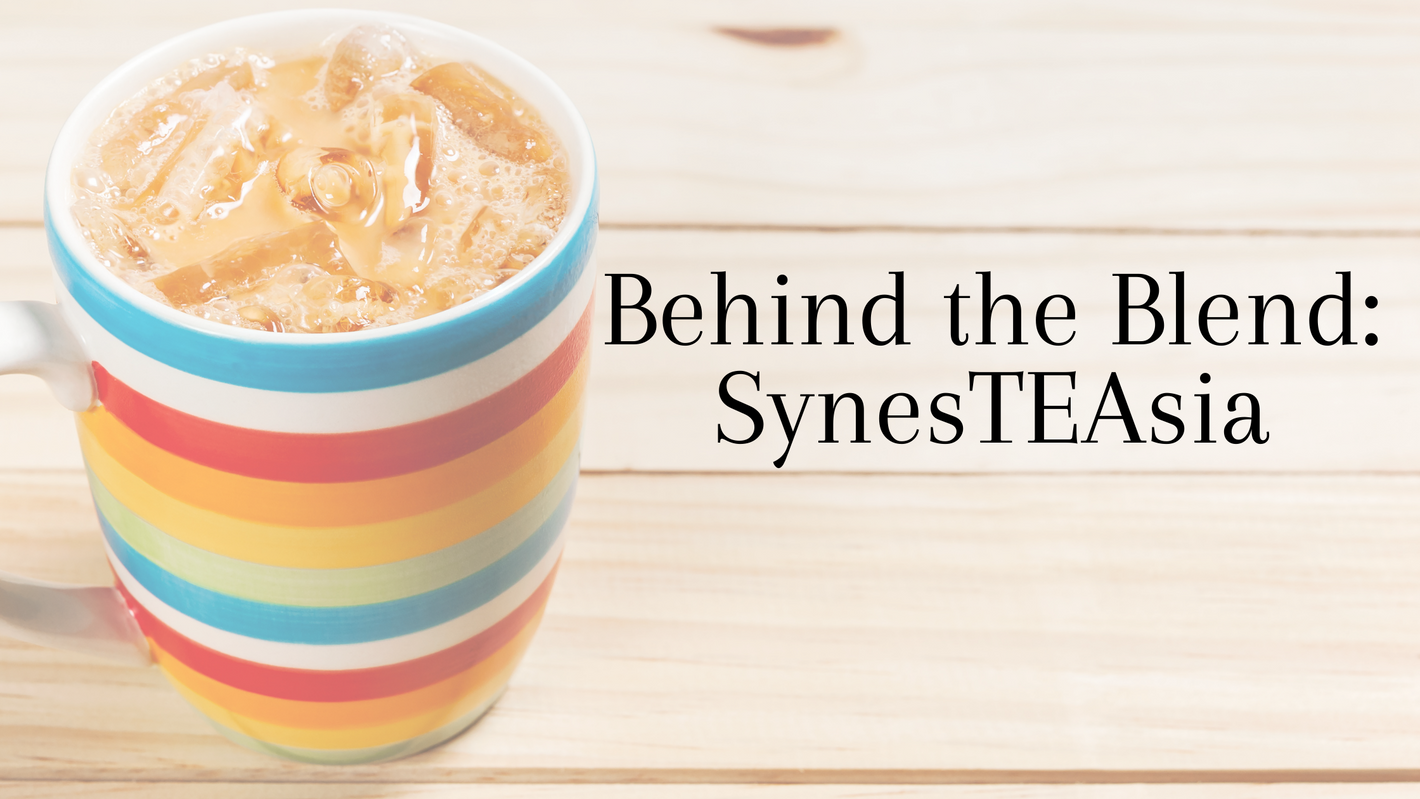
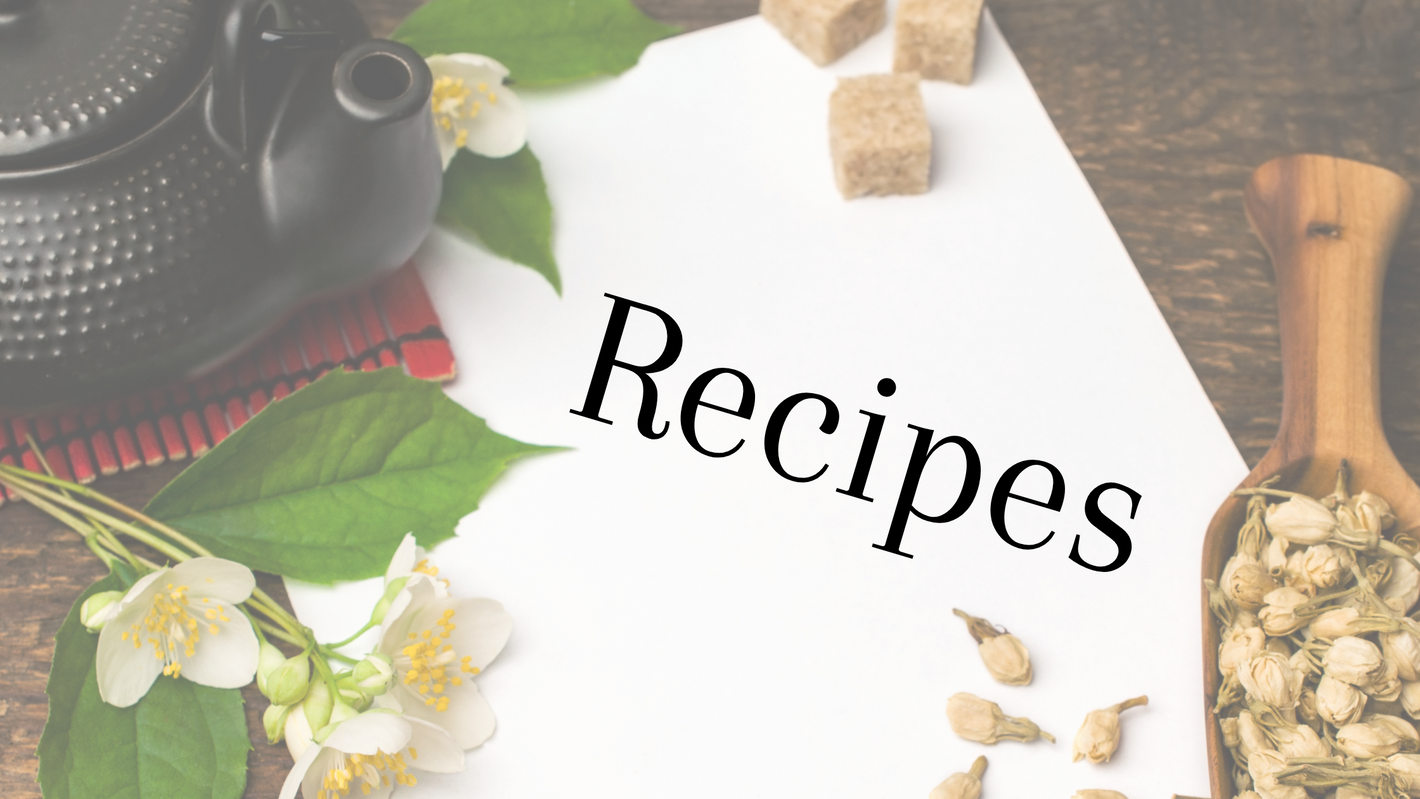
1 comment
When it comes to steeping leaves over and over, is there a best way to save your leaves if you aren’t drinking like back to back cups in one sitting?